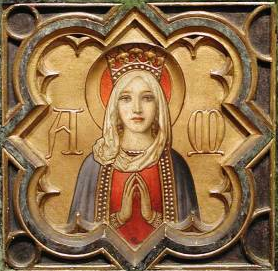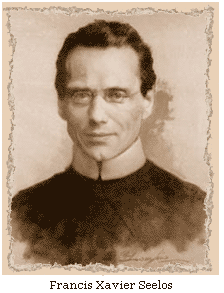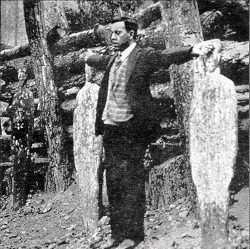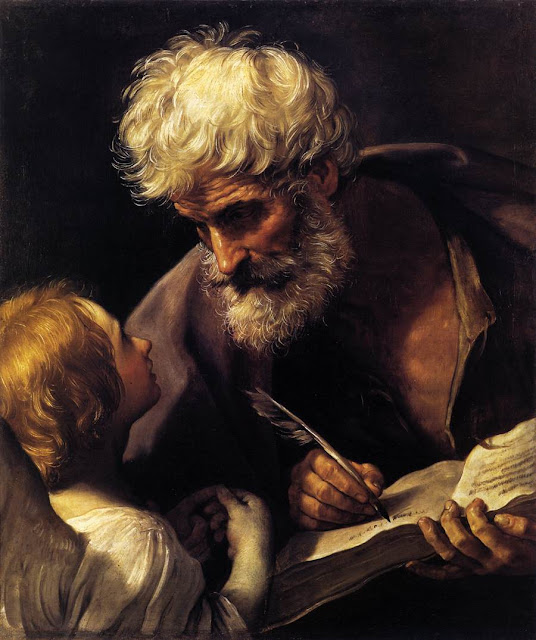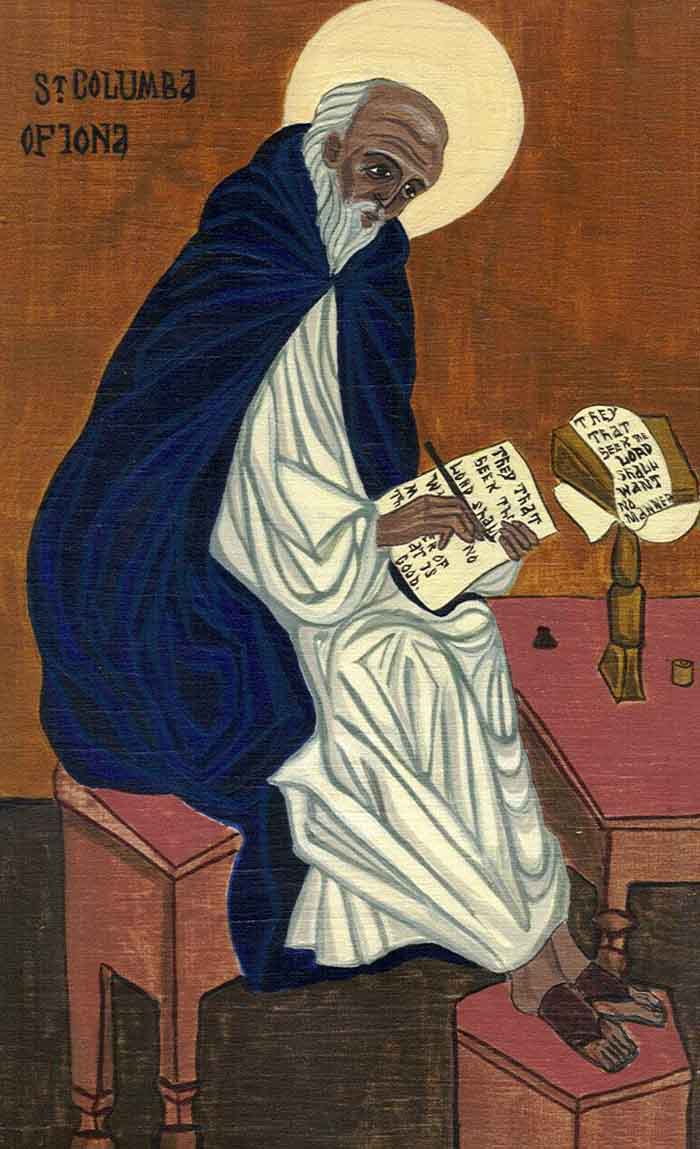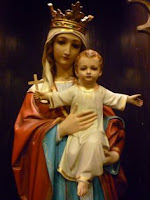+
Fr. Frederick Oakeley is remembered for his translation of "O come, all ye faithful" but very little is remembered of his hymns and poems. He had been an Anglican priest, but he gave it all up and entered the Catholic Church eventually becoming a priest of the Roman Catholic Church.
With the last few hours of St. Andrew's Day drawing to a close in North America, I share a very fine hymn for the day by Fr. Oakeley:
1. Great Saint Andrew, friend of Jesus,
lover of his glorious cross,
early by his voice effective
called from ease to pain and loss,
strong Saint Andrew, Simon’s brother,
who with haste fraternal flew,
fain with him to share the treasure
which, at Jesus’ lips, he drew.
2. Blest Saint Andrew, Jesus’ herald,
true apostle, martyr bold,
who, by deeds his words confirming,
sealed with blood the truth he told.
Ne’er to king was crown so beauteous,
ne’er was prize to heart so dear,
as to him the cross of Jesus
when its promised joys drew near.
3. Loved Saint Andrew, Scotland’s patron,
watch thy land with heedful eye,
rally round the cross of Jesus
all her storied chivalry!
To the Father, Son, and Spirit,
fount of sanctity and love,
give we glory, now and ever,
with the saints who reign above.
And before I forget it, here is a tune much loved by Episcopalians of the Brotherhood of Saint Andrew, but I believe it is rarely sung today by other Episcopalians:
And lest I forget it:
Saint Andrew Christmas Novena
Hail and blessèd be the hour and moment in which the Son of God was born of the most pure Virgin Mary, at midnight, in Bethlehem, in piercing cold. In that hour, vouchsafe, O my God! to hear my prayer and grant my desires, through the merits of Our Saviour Jesus Christ, and of His Blessed Mother. Amen.
+

